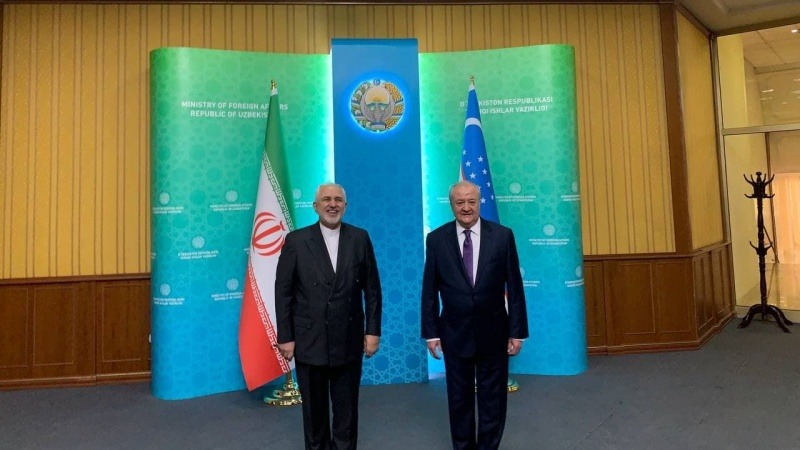Abdollah Moradi told the Strategic Council on Foreign Relations that Central Asian states have not posed a threat to the Iranian interests in the past three decades after the collapse of the former Soviet Union.
“From the strategic point of view, it seems that Central Asia is significant for the Islamic Republic of Iran in several aspect. First, Central Asia is a vast area in the neighborhood of Iran which after the collapse of the former Soviet Union and during the past three decades has posed no danger to Iran.”
Moradi, an expert with the Strategic Council on Foreign Relations, said “countries of Central Asia and Iran share cultural and historical commonalities resulting in a sustainable economic cooperation among them in the past several decades.”
Moradi said even though the Central Asian states do not have a big economy, there are many natural resources in those countries while they are geopolitically and geo-economically significant for Iran.
“Central Asia is the point which links the East to the West and the North to the South from India to Russia and Europe. It is also en route the China’s One-Belt One-Road initiative. That’s why it was necessary for Iran to seek the improvement and expansion of relations with the Central Asian states.”
Referring to the capacities of the Central Asia region, he said such countries have overcome many political developments and their capacities are expanding.
“If we consider the influence of the former Soviet Union on Central Asian states we can say now that they have overcome the post-Soviet era and have entered a new phase. Therefore it is important for other countries to redefine their relations with the Central Asian states.”
He said a large competition is being formed among countries to enhance relations with Central Asian states as not only China, Russia and Iran but also trans-regional countries such as the United States are giving significance to the expansion of their relations with this region.
Moradi added that the US published a strategic six-year document in 2019 regarding its understanding of the Central Asia in which it has envisaged the capacity of its relations with Central Asian states by 2025. This suggests that the US is seriously monitoring developments in the Central Asia developments. Moreover, he said, Central Asia is economically and commercially significant for the US to control and beat China and Russia in this region.
“In addition to Russia, China and the United States, countries such as Turkey and Japan are bolstering their ties with the Central Asian countries. Turkey has programmed a stronger cultural diplomacy with the countries of the region. Under such circumstances, Iran should move towards maximizing its economic relations with the Central Asian states. It is necessary for us to adopt a special approach to the East i.e. Russia and China for the next several decades and review our policies towards Central Asia region.”
Moradi said it is incumbent upon the foreign policy apparatus of Iran to redefine its relations with the Central Asian countries. In fact, he pointed, changing global paradigms and the shift of power and domination from the West to the East and internationalization of economy require that the Islamic Republic of Iran presents a new approach to the untapped geoeconomic and geopolitical region of Central Asia and activate all its political, economic and cultural capacities in this region.










0 Comments